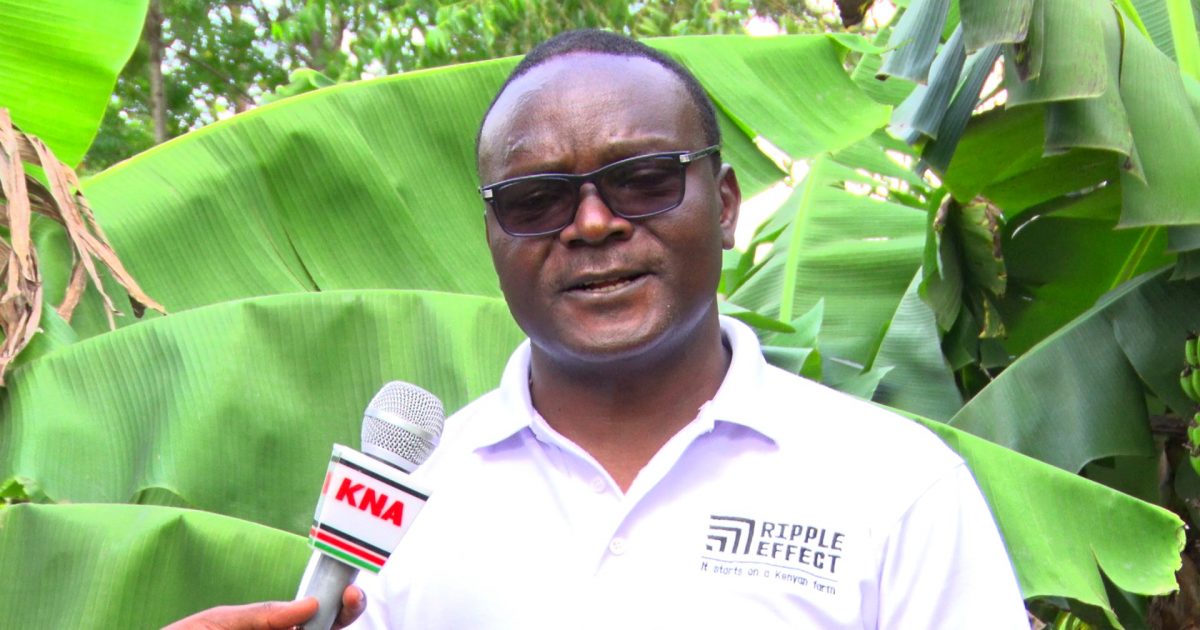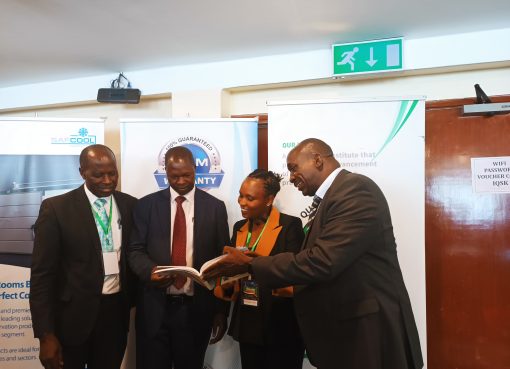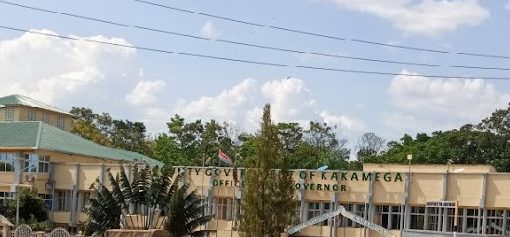The health sector in the country is one of the most crucial aspects that the government has been trying to address to ensure its people access better health services.
The recently launched Social Health Insurance Fund (SHIF) scheme aims to provide affordable health care services to secure publicly funded primary health care, universal health insurance, and equitable access to quality health services for all Kenyans regardless of their status in society.
Nevertheless, communities living in West Kanyamkago and Kakrao wards in Uriri and Suna East Sub counties have come up with a community-based health finance insurance scheme to supplement Social Health Insurance for the betterment of their community health.
The community has organised itself into groups of 100 and partnered with Ripple Effect Kenya Non-Governmental Organisation in identifying the most diseases that frequently affect their community members.
According to the Director of Ripple Effect Kenya Titus Sagala, the NGO has been helping the community by formulating a memorandum of understanding between the communities and the healthcare facilities to provide for the community health insurance scheme.
Sagala said that the community has hugely benefited from the scheme because it saves money and cushions the members from selling their property to seek medical attention.
The majority of the group members are farmers who live in rural areas with no basic monthly income and the community-based health finance insurance scheme will be a huge benefit in uplifting the health status of the community without incurring extra costs in seeking medical attention.
Sagala says that the introduction of the insurance scheme aimed to encourage people to live a healthier life in their villages through proper nutrition, encourage health-seeking behaviours of the rural dweller, and educate the residents that they do not need to have money always to seek health services.
“In the past, some members of the community have been subjected to abject poverty as a result of selling their properties to cater for the medical interventions of their loved ones. The pool scheme aims to safeguard the wealth generated by the locals to improve their livelihood as opposed to utilising it for health intervention purposes,” said Sagala
The Community-Based Health Finance Insurance Scheme works through organised groups of 100 where each member contributes Sh2,000.
The public health facility in the area is then identified with only the most common disease ailing the community being able to be treated.
Vivian Indagala, some health information personnel from Migori Referral Hospital, acknowledged that the scheme, which started last year in August in the Suna East and Uriri Sub Counties, has become a cost-effective scheme for the community members.
Indagala acknowledged that the scheme provides coverage to the most common diseases affecting the community as proposed through the memorandum of understanding.
She pointed out that the advantage of the community-based scheme was its ability to cover patients beyond biological dependents.
Indagala has also been encouraging the local natives in the scheme to join the government health scheme affirming that insurance remained the greatest tool that could protect them from high costs arising out of an illness.
Meanwhile, Hardson Kufafa, a beneficiary of the scheme and a trained farmer by Ripple Effect said that the community-based health finance insurance has become a beneficial and friendly scheme for the community and that it has enabled them to save money while seeking health services.
He thanked the organisation for partnering with the community on issues of health and nutrition as a security key in societal development in the county.
The Ripple Effect NGO which is currently working in six countries in Africa has been engaging the communities through enterprise development, sustainable agricultural-based programmes, and health schemes to uplift five million people from poverty before 2030.
By Geoffrey Makokha





